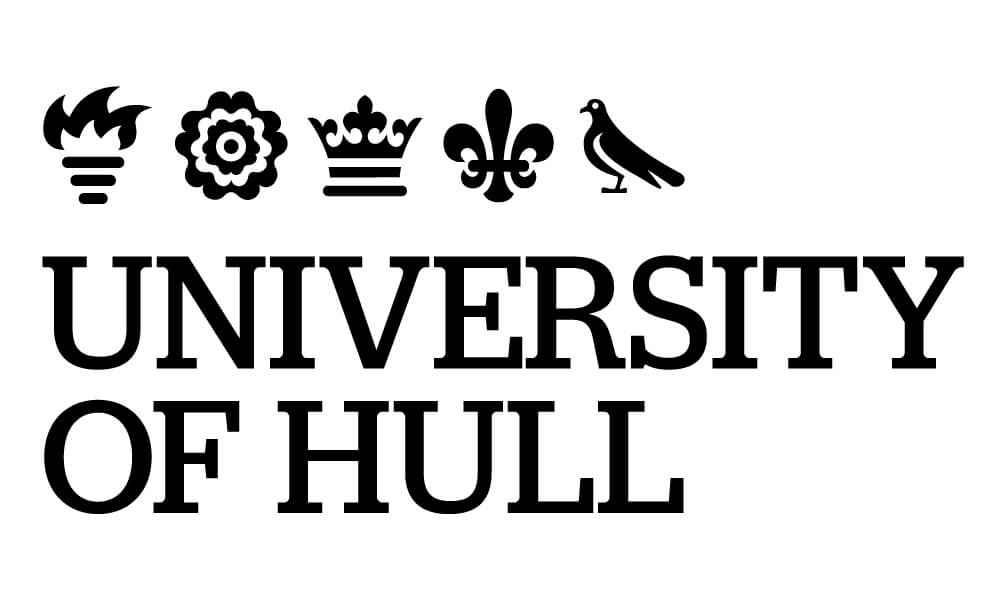Details
- Course: A Level History (Modern)
- Qualification Type: GCE A/AS Level or Equivalent
- Qualification Level: Level 3
- Course type: Full Time
- Duration: 52 Weeks
- Entry Requirements:
5 GCSEs at grade 4 or above including English and Maths
- Available Dates: 02/09/2024 to 30/06/2026
Overview
History at A Level builds on the strong historical skills and understanding of substantive concepts students have developed in their history journey throughout KS3 and GCSE. We have high aspirations for our History students and challenge them to describe and evaluate the significance of historical events, the role of individuals in history and the nature of change over time in both a depth and breadth study. We want our students to be able to formulate supported arguments and judgments about complex historical enquiries. Finally, we inspire a love of history and a genuine interest in the events that have created the modern world.
Details
Themes covered include:
• ‘Stuart Britain and the Crisis of Monarchy, 1603-1702’ this is a Breadth Study, and it reinforces skills started during GCSE; for example, explaining change and continuity through time and being able to evaluate cause and consequence.
• ‘Revolution in Britain 1917-1953’ this is a Depth Study which covers similar essay skills to the British topic. We also look at how to evaluate primary sources for value by considering their content and provenance. Students will recognise this from their work during History GCSE as the process is similar but more advanced.
Both topics gift students with a knowledge and appreciation of processes of causation and social change, a worthy focus in a turbulent and ever changing world.
A number of specifications will be changing, and prospectus entries are based on information we have to date. This means that course content may be subject to change.
How will it be delivered?
Examination and coursework.
What can I do next?
History opens up many options as the skills learnt throughout its study, for example critical thinking, ability to evaluate a woolly argument and having the skills to articulate complex information into simple to follow communications are valued in a wide variety of disciplines.
You could go on to study topics at university like Economics, Politics, Philosophy, History, International Relations and Law, to name but a few.
Careers where History is helpful include heritage management, teaching, archival services, Law, civil service, journalism and politics. It is interesting to note that of Britain’s 50 or so Prime Ministers just shy of one third have been history graduates.











